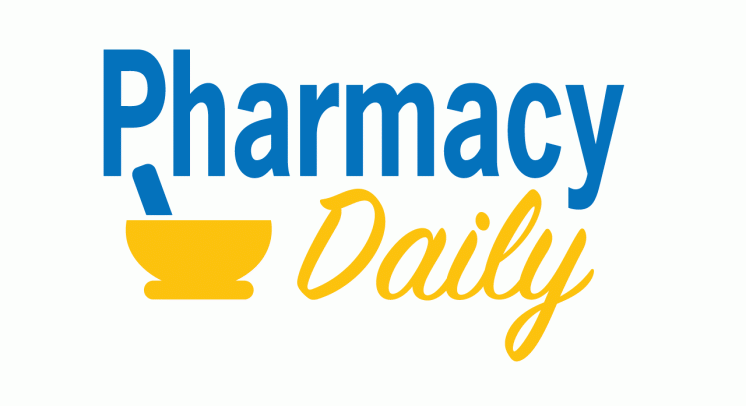THE Pharmaceutical Benefits Advisory Committee (PBAC) has released the outcomes from its Sep meeting, with several cancer drugs given the nod.
Among them was a positive recommendation to subsidise a pan-tumour listing for nivolumab and ipilimumab (Opdivo Yervoy, BMS) for advanced or metastatic cancers – a move that could mark a major shift in how cancer medicines are assessed and funded in Australia.
“This positive PBAC recommendation represents an important development for Australian patients with advanced or metastatic cancers, by broadening access to treatment options,” said Owen Smith, General Manager of Bristol Myers Squibb Australia.
“It represents a significant breakthrough in the funding model and importantly will deliver faster and more equitable access for Australian patients who don’t have time to wait.”
Rare Cancers Australia (RCA) CEO Christine Cockburn said it could see Australians living with rare and less common cancers “gain faster and fairer access to life-changing treatments without having to pay the hefty price tag”.
Cockburn commended the PBAC and Department of Health for their “willingness to listen and collaborate with stakeholders to resolve long-standing systemic barriers”.
“This recommendation signals a seismic shift in thinking – where access to medicines is not reliant on impossible evidentiary standards for small patient populations,” she explained.
“For many Australians living with rare and less common cancers, it means hope for faster, fairer access to treatments that can save or extend lives.
“We now urge a speedy resolution of the next phase to ensure PBS listing,” she said.
Other cancer drug recommendations include the listing of zolbetuximab (Vyloy, Astellas) in combination with chemotherapy for the treatment of patients with gastric or gastroesophageal junction cancer, with the PBAC noting a clinical need for new treatments.
And osimertinib (Tagrisso, AstraZeneca), in combination with chemotherapy, was ticked as a first-line treatment of patients with locally advanced non-small cell lung cancer or metastatic cancer under certain conditions.
Adult patients with chronic kidney disease may benefit from the recommendation to expand the eligible population for the PBS listing for dapagliflozin (Forxiga, AstraZeneca), to be in line with its recommendation for empagliflozin from May this year.
The PBAC also recommended the Section 100 (Highly Specialised Drugs Program) listing of vanzacaftor with tezacaftor and with deutivacaftor (Alyftrek, Vertex) for the treatment of cystic fibrosis in patients aged six years and older with certain genetic mutations.
See the full outcomes HERE.
The post PBAC’s “seismic shift in thinking” hailed appeared first on Pharmacy Daily.

